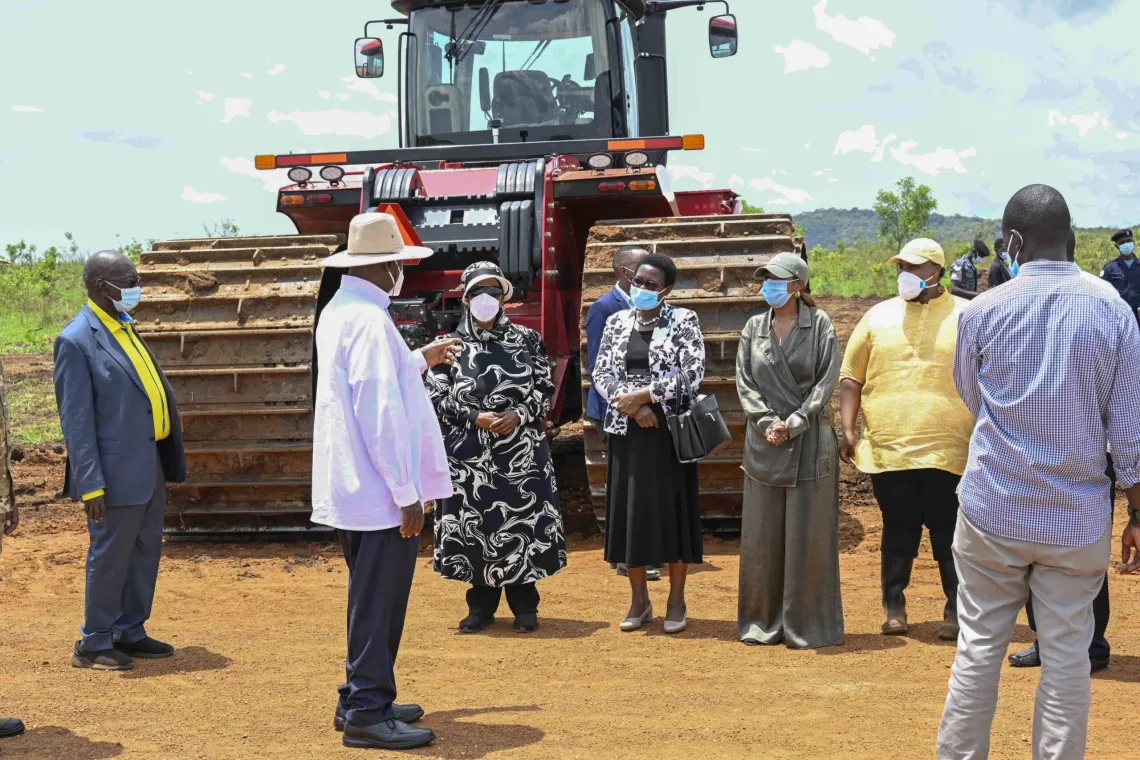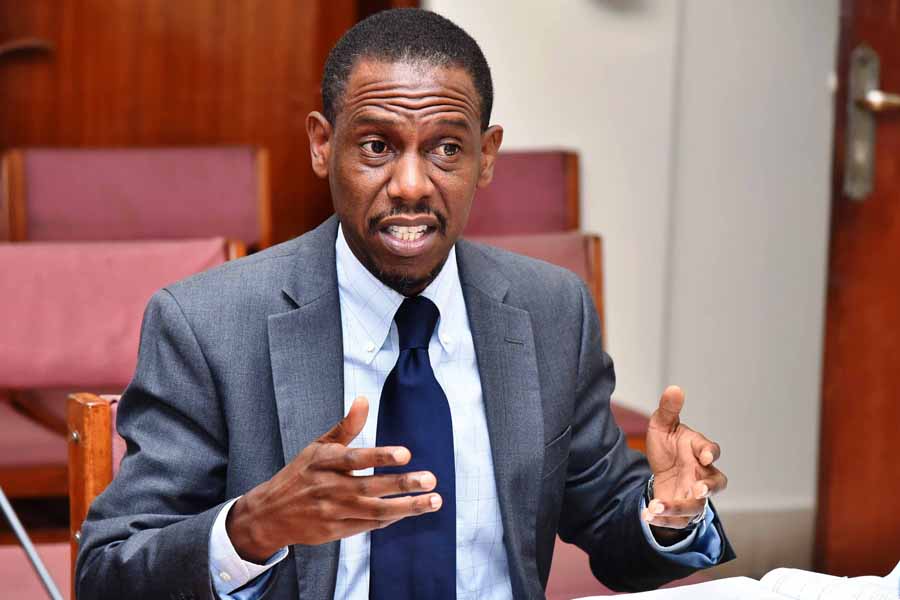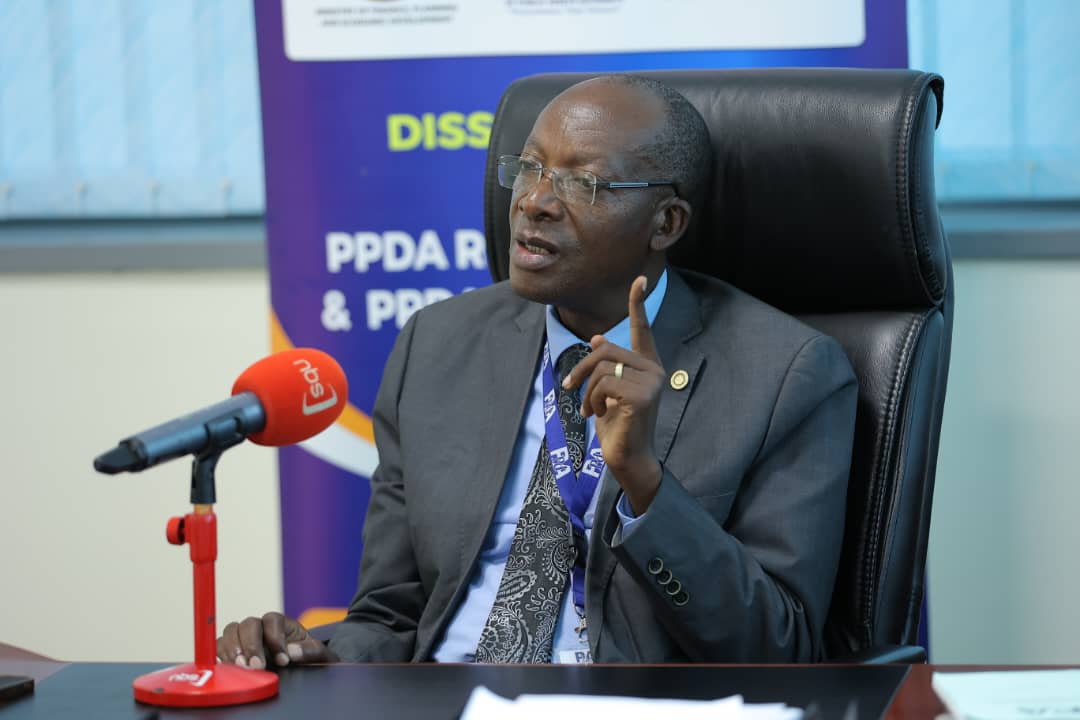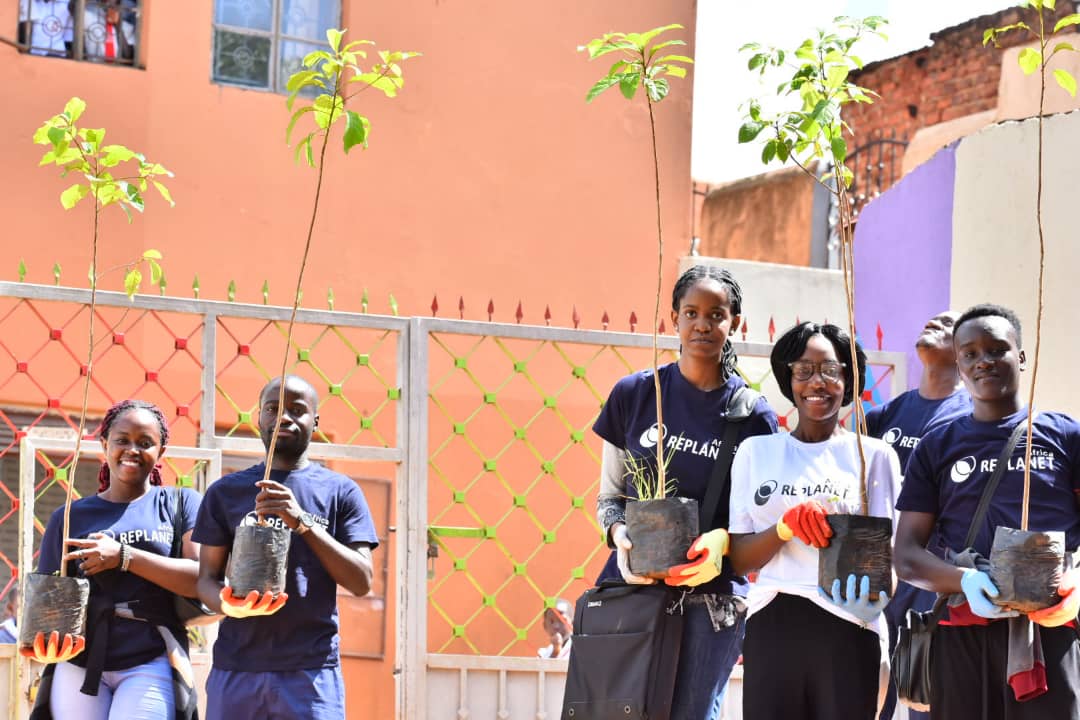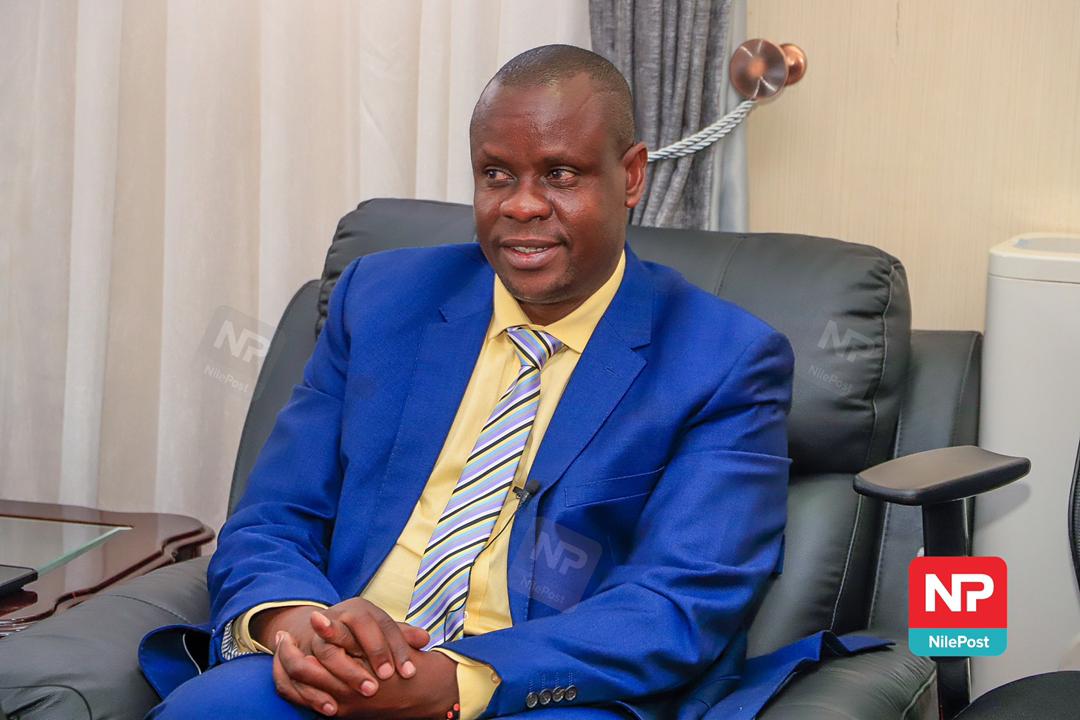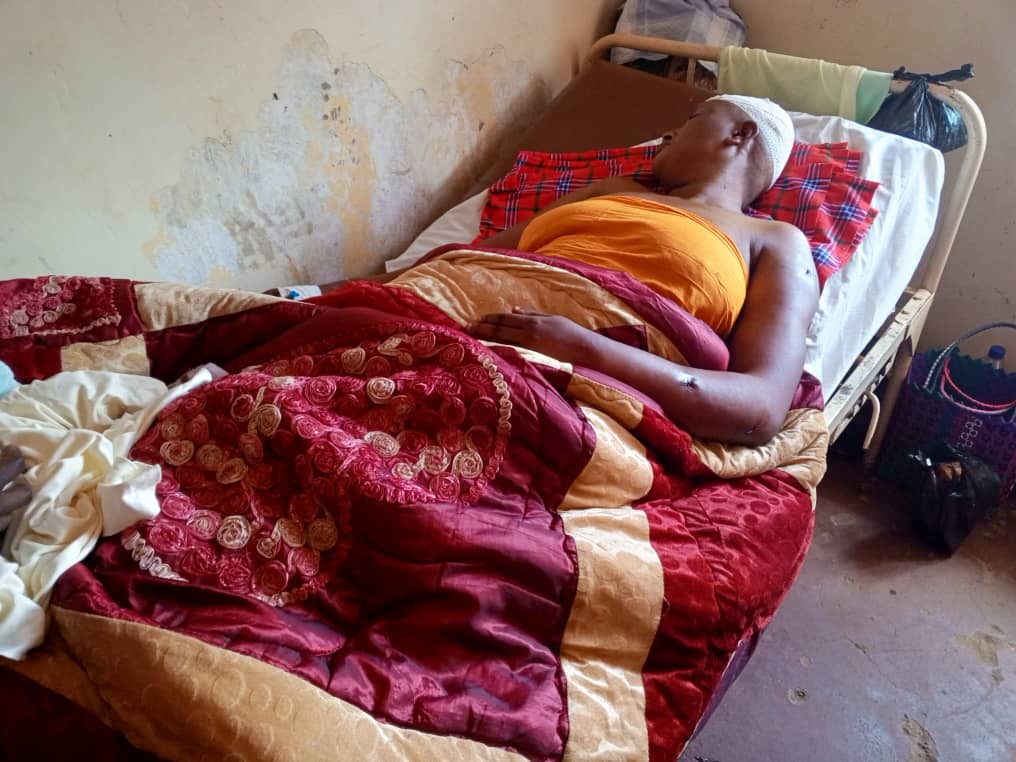ICPD: Museveni commits to reduce unmet needs for family planning to 10% by 2022
President Yoweri Museveni has committed to prioritize universal access to all family planning methods and to reduce unmet needs for family planning to 10% by 2022. Museveni made these commitments while attending the ongoing 25th International Conference on Population and Development (ICPD25) in Nairobi Kenya.
In 2017, Uganda revised her original commitment of 2012 to reduce the unmet needs for family planning among adolescents from 30.4% in 2016 to 25% in 2021.
Keep Reading
The commitments government says will contribute to the nation’s ambitious goal to increase the modern contraceptive prevalence rate to 50% by 2020.
Uganda has one of the youngest and most rapidly growing populations in the world. Figures by the National Population Council (NPC), a state agency that advises the government on population issues, show that the country has a population growth rate of 3.3 percent per annum, making it the third fastest growing population in the world and therefore making it very vulnerable for young people especially those in school to be victims of sexual reproductive health challenges since there is still limited access to sexual reproductive health information and services.
The president also committed to have the country’s controversial national sexuality education framework implemented.
“The government of Uganda commits to operationalize the national sexuality education framework launched in 2018 which seeks to provide a formal national direction for age appropriate and sensitive education to Ugandan schools while upholding our religious and cultural values,’ Museveni says.
Data from UNFPA shows that in Uganda, 14 mothers die every day while giving birth. Over the last decade, one out of every four teenage girls between the age of 15-19 years has already given birth or is pregnant with their first child. 22% percent of girls who dropped out of school did so due to pregnancy related complications. The commitment by the president has been warmly welcomed by stakeholders and advocates of sexual reproductive health rights.
‘It is amazing and a show of Uganda's recognition that the quality of lives of its citizens ( women and children) is a critical corner stone to achieving its development goals but it should be backed my commensurate budget allocation and overhauling of the health system,’ Joy Asasira the Advocacy and Partnerships Coordinator of Population Services International – Uganda says.
On the operationalizing of the national sexuality education framework, Joy however tasks the government take into account the changing realities of the existing society.
‘If religion and culture continue to be applied in isolation of the current realities of the state of SRHR, we may miss the opportunities to improve the health and wellbeing of young people that the framework presents,’ Joy adds.
President Museveni also highlighted that for commitments to work the society must be modernized.
‘You cannot keep a pre-capitalist society in existence and you think you will easily achieve gender equality and other goals,’ Museveni says.
The Nairobi summit on ICPD 25 ; Accelerating the promise that kicked off on Tuesday, 12th November and is running till 14th, is pushing for such strong commitments to sexual and reproductive health and rights.
The summit is also offering an inclusive platform, bringing together governments, UN agencies, civil society, private sector organizations, women’s groups and youth networks to discuss and agree on actions to accelerate the implementation of the ICPD Program of Action, which is critical to achieving the UN’s Sustainable Development Goals (SDGs) by 2030.






